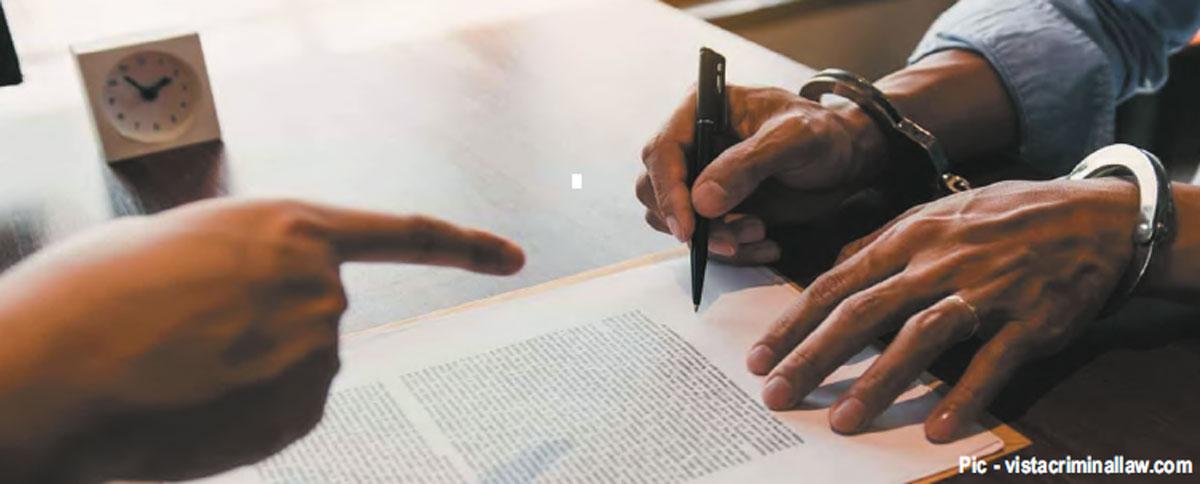Africa-Press – Mauritius. Last week we looked at the important question of the personal safety and well-being of persons taken into custody by the Police in Mauritius. This week we extend our examination of the matter into the legal and constitutional area, particularly concerning the admissibility of evidence obtained from confessions during trial of the case at court.
Has the matter reached our Parliament, and with what results, if so? * The comment has been made that ‘the very shocking use of the Taser by the police on naked suspects only goes to show that people in authority anywhere in the world, including the police, should be held accountable for their actions albeit without affecting their ability to operate in a reasonable manner’.
Is it possible to do both in the fight against crime? The duty of the police is to combat crimes anywhere in the world. They do so in a context of the rule of law.
That means that they have to comply with all existing laws which establish and demarcate their own powers as well as those relating to the rights of suspects.
In Mauritius, for instance, the duties of the police are embodied in the Police Act and the Standing Orders issued by the Commissioner of Police. Just like any other citizen, the police should be able to exercise their powers and also be held accountable if they act in defiance of the law.
* What does the law, as it stands today, provide as regards the duties and obligations of the police once a suspect has been arrested and brought in custody? Once a suspect is arrested, he must be informed of the reason of his arrest.
He must be informed that he has the right to consult a legal adviser and all facilities must be provided to him to contact his lawyer and his relatives or persons close to him. Are these rules being adhered to in all cases? Recent allegations would suggest that this is clearly not the case in many instances.
Unfortunately, some police officers would seem to have systematically breached all those provisions with the sole aim of terrorizing suspects into confessing to offences which they might or might not have committed.
* We understand that any person held in custody must be brought before a magistrate as soon as the preliminary investigation has been completed.
What does the law provide in terms of the duration of the preliminary investigation? The moment a person is arrested, he must be brought before a court of law as soon as it is reasonably possible.
Any delay in taking him to court must be explained and justified. The police investigation can still proceed after the suspect has been taken to court.
* It would seem that it’s often the less well-off – for whom justice is often too costly- who get treated in an inhuman and degrading manner, even tortured, during the early investigation stage.
That’s when ‘confessions’ are usually extracted from suspects. Doesn’t the law provide for legal assistance to a suspect as soon as he is arrested? The Constitution states clearly that the moment a suspect is arrested, the police must inform him of his right to legal assistance.
But in practice it would seem that this is rarely done. The police can always argue that the suspect was informed of this right, but that he declined the assistance of a lawyer. Unfortunately courts of law seem more often than not to accept that explanation to the detriment of the suspect’s rights.
For More News And Analysis About Mauritius Follow Africa-Press







